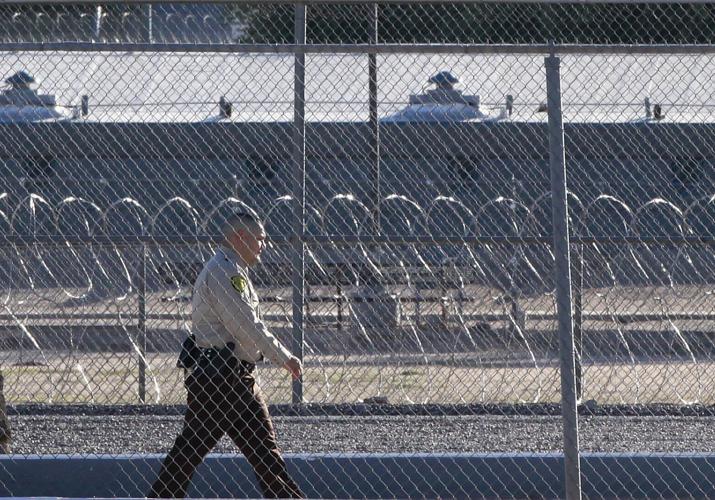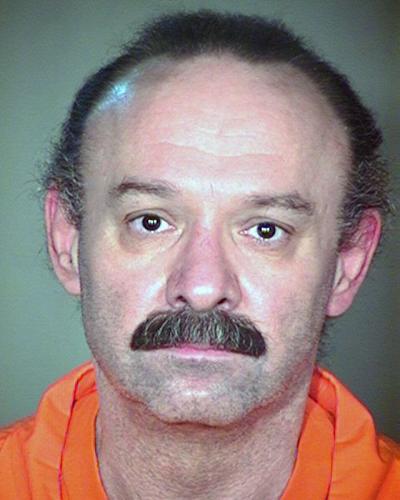PHOENIX — The Trump administration will not allow Arizona to import drugs the state says it needs to execute inmates on death row.
In a brief order issued Thursday, the U.S. Food and Drug Administration issued a final decision that it will not release the drugs it had seized at Sky Harbor International Airport, drugs the state Department of Corrections had attempted to import into the country.
That effectively kills the lawsuit filed by Arizona and other states seeking to get vials of sodium potion from a supplier in India, said Chad Readler, acting assistant attorney general, in the order.
There was no immediate response from state prison officials to the decision or to questions about how much it paid for the now-seized drugs.
Arizona, along with Nebraska and Texas, each ordered 1,000 vials of the drug, a muscle relaxant used in the execution process, from an overseas company after being unable to get it legally in the United States because the domestic manufacturer refused to sell it for executions.
The decision to order the drugs came despite warnings made by the FDA in 2015 that buying the drug from India-based Harris Pharma would be illegal. That followed a 2012 decision by a federal judge, ruling in a lawsuit brought by inmates, requiring the federal agency to block importation of the drug as unapproved.
Customs and Border Protection seized the drugs. Texas then took the lead, filing suit against the FDA.
Attorneys for that state argued it was illegal for the federal agency to confiscate the drugs without making a final decision on the legality of their being imported. The FDA responded to the January lawsuit by agreeing to make a final decision by Thursday — the decision the agency just issued.
Readler, representing the government, said in the new order that the FDA has now given the Texas Department of Corrections exactly what it sought in its lawsuit: a final decision.
“Accordingly, plaintiff’s claims have been rendered moot,” he wrote.
Arizona and other states have a shifting history in the use of its execution drugs.
At one point, the drug of choice was pentobarbital, a barbiturate. But European manufacturers banned its sale for executions.
The current drug of choice is midazolam. But that resulted in reports of botched executions, with inmates remaining alive and gasping for long periods, and questions were raised about whether they were truly unconscious. Despite that, the U.S. Supreme Court has continued to allow its use.
The debate of the safety and efficacy of execution drugs the state can obtain has resulted in the Department of Corrections adopting an official execution protocol, which says a death-row inmate’s attorney can provide prison officials with pentobarbital or sodium pentathol if he or she can obtain it “in sufficient quantity and quality” from “a certified or licensed pharmacist, pharmacy, compound pharmacy, manufacturer or supplier.”
Arizona has not carried out an execution since it put Joseph R. Wood Jr. to death in 2014 in a procedure that took nearly two hours.
Wood was convicted of killing his ex-girlfriend, 29-year-old Debbie Dietz, and her father, Gene Dietz, at their family car shop in Tucson in August 1989.





